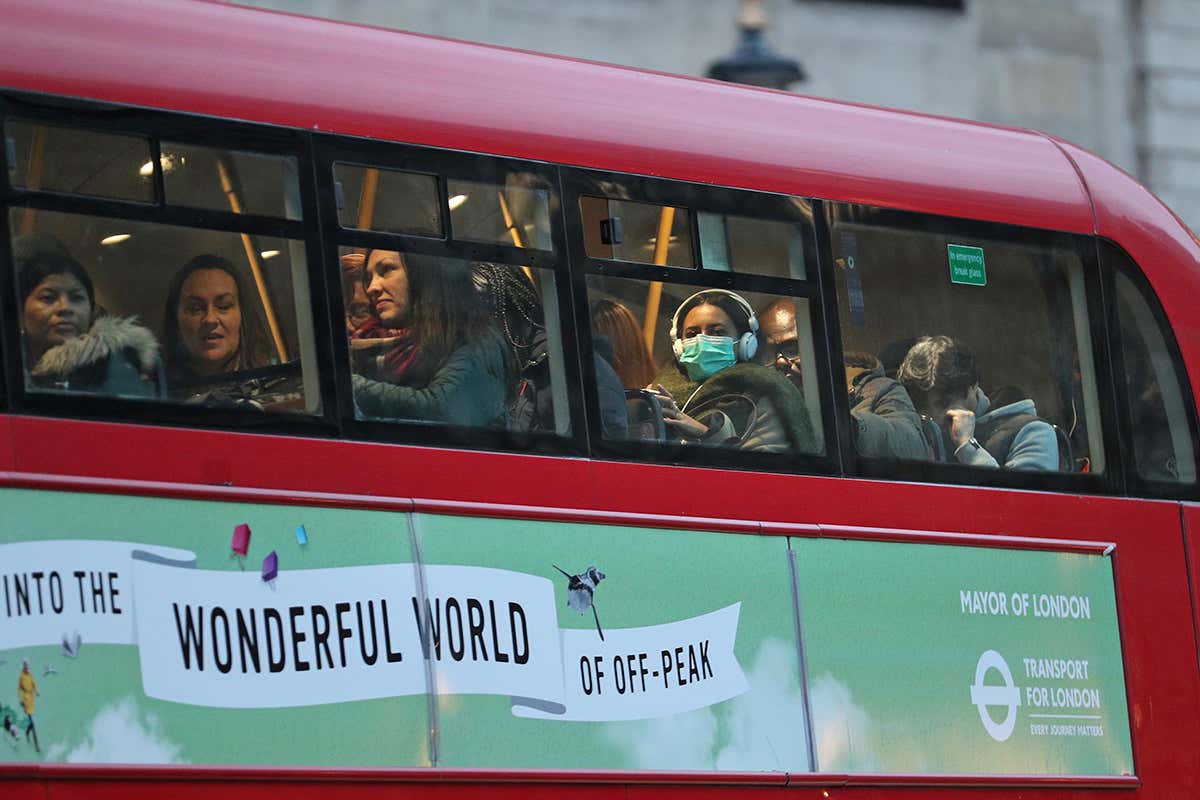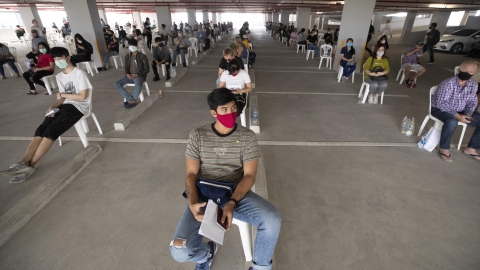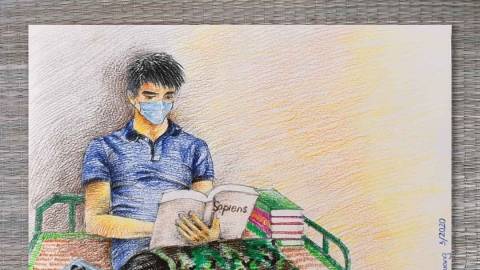11 MORE COVID-19 PATIENTS RECOVERED
On the afternoon of April 2nd, the Central Hospital for Tropical Diseases announced that it had cured 11 more Covid-19 patients, including an employee of Truong Sinh Co., Ltd. and a 25-week pregnant woman.
To date, Vietnam has cured 75 cases of Covid-19. In addition, 3 out of 4 severely ill patients who required ventilators have now tested negative for the Covid-19 virus three times.
Two roads in Binh Thuan province have had their lockdowns lifted.
At 00:00 on April 3rd, the Binh Thuan Provincial Police force dismantled the quarantine checkpoints on two roads in Duc Thang ward, Phan Thiet city (Binh Thuan province), as directed by the Binh Thuan Provincial People's Committee. After 21 days of implementation, no new Covid-19 cases were reported in the quarantined area.
Earlier, on the evening of March 12, the People's Committee of Binh Thuan province issued Decision 557/QD-UBND on implementing the isolation of a road to prevent and control the Covid-19 epidemic.
The total number of COVID-19 infections worldwide has surpassed 1 million.
As of the morning of April 3rd, according to statistics from Johns Hopkins University (USA), out of more than one million cases globally, the US currently accounts for the most with over 240,000 cases. Italy currently has the highest number of deaths, followed by Spain.
Approximately 700,000 cases worldwide have mild symptoms, and nearly 38,000 are in critical condition. Additionally, over 200,000 people have recovered to date.
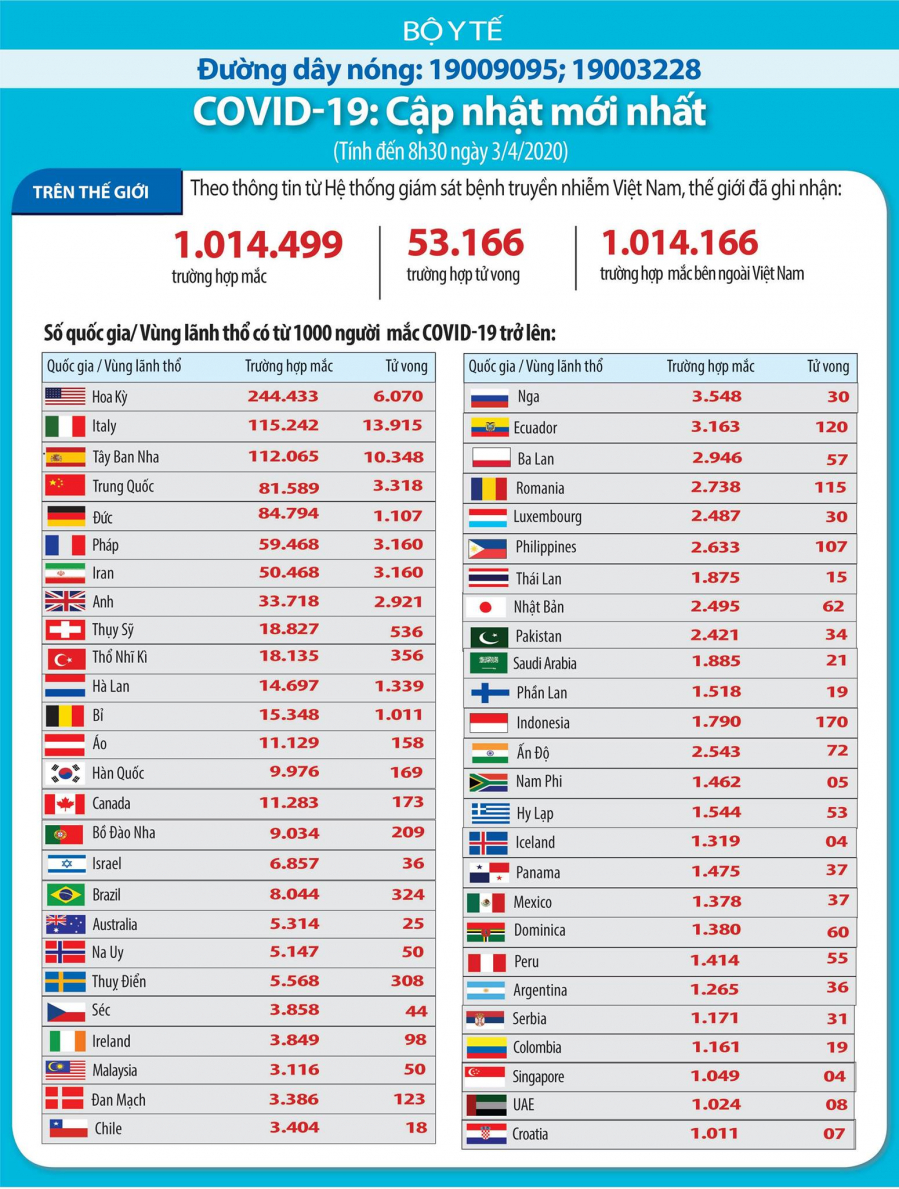
Source: Government Information
Western countries are urging people to wear masks.
The Robert Koch Institute (RKI), Germany's Federal Institute for Epidemiology, has shifted its support to wearing face masks even when asymptomatic to limit the risk of transmitting the novel coronavirus. Previously, the RKI only recommended mask use for those who were sick.
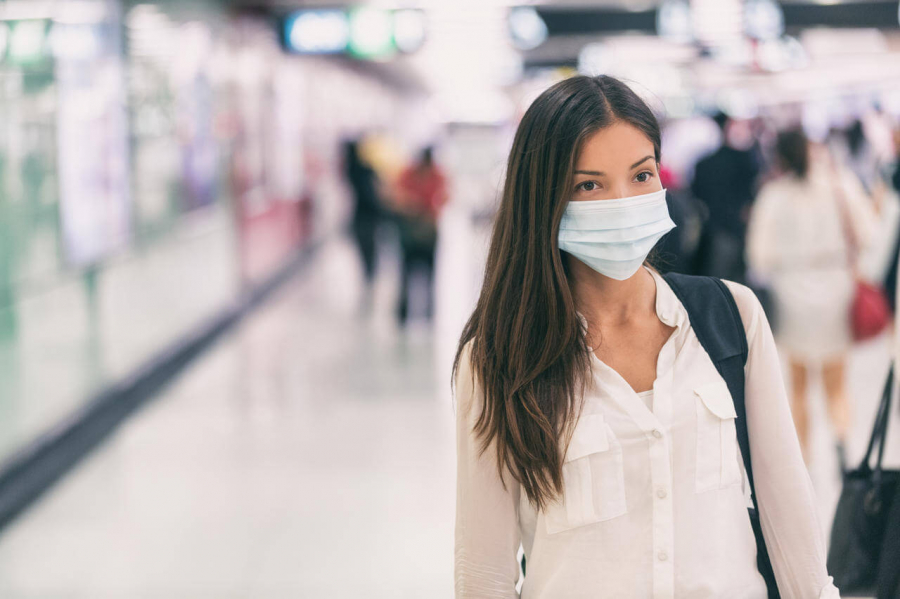
Germany has recorded 962 deaths among more than 80,000 cases and over 22,000 people have recovered.
On the evening of April 2nd (local time), the US President also advised people to wear masks or use scarves to cover their faces. Several US officials said they would urge people to wear masks in areas with high rates of COVID-19 infection. In New York, Mayor Bill de Blasio said people don't necessarily need to wear medical masks; they can use scarves or anything they make themselves when going out or being near other people.
The Czech Republic, Slovakia, and Bosnia have also issued recommendations to wear face masks.
The Czech Republic extends the state of emergency.
The Czech government has decided to extend the state of emergency until May 11th, following a proposal from the Central Crisis Committee. However, this decision needs to be approved by the Lower House of Parliament in a session scheduled for April 7th.
According to Czech Health Minister Adam Vojtěch, although the epidemic situation is under control and there are some positive signs, the peak of the epidemic is predicted to occur in the next two weeks, so the authorities cannot relax the measures. Based on the epidemic progression chart, extending the state of emergency for another 30 days is necessary.
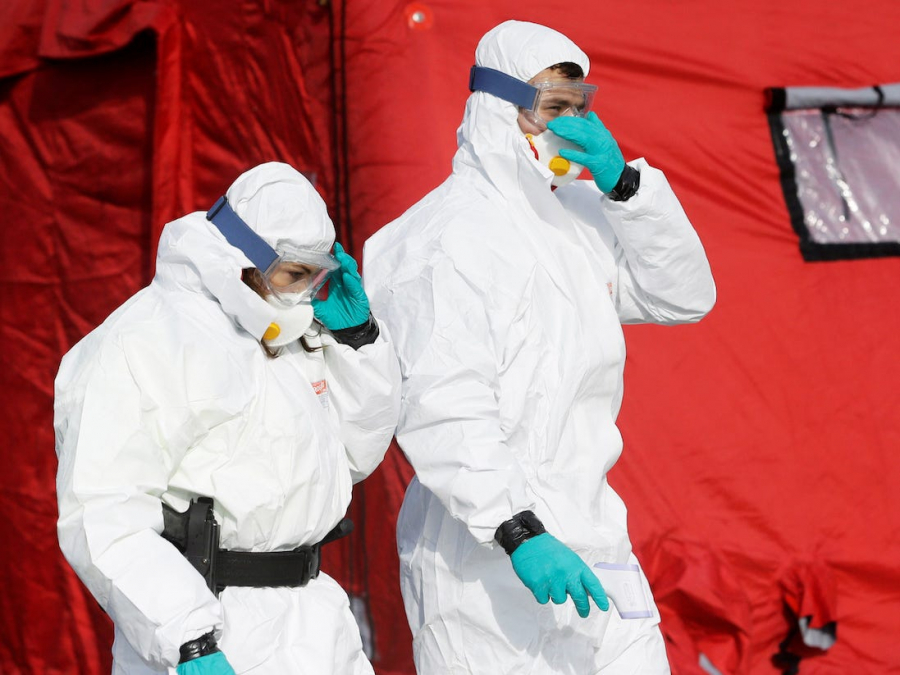
The Czech Republic has now recorded 3,604 cases of infection and 39 deaths.
Russia extends the work-free period until the end of April.
On April 2, President Vladimir Putin decided to extend the "non-working days" period until April 30 to prevent the spread of Covid-19, noting that the pandemic situation in the world and in Russia has not yet passed its peak.
He will give more power to local leaders in Russia so that by the end of this week they can decide for themselves what level of social distancing measures to implement in their localities.
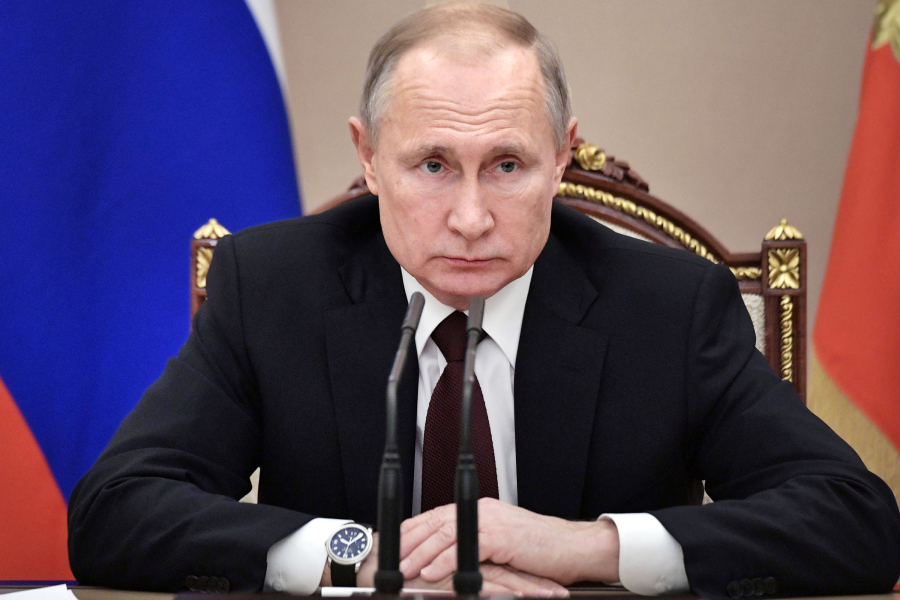
On March 25, the Russian leader announced that citizens would observe a week of non-work from March 30 to April 3 and would still receive their salaries.
He discovered that the ordered test kits were contaminated with the coronavirus.
The incident occurred as the UK accelerated its crackdown on Covid-19, aiming to conduct 25,000 tests per day by mid-April. Last week, the Department of Health announced it had ordered more than 3.5 million test kits.
However, the British newspaper Telegraph recently revealed that the test kits ordered by the country from Eurofins, a company based in Luxembourg, were also contaminated with the novel coronavirus.
A Eurofins spokesperson acknowledged the detection of the virus in critical components of the test kit, but insisted the issue could be resolved by cleaning the parts. The incident will affect the delivery schedule to laboratories in the UK.
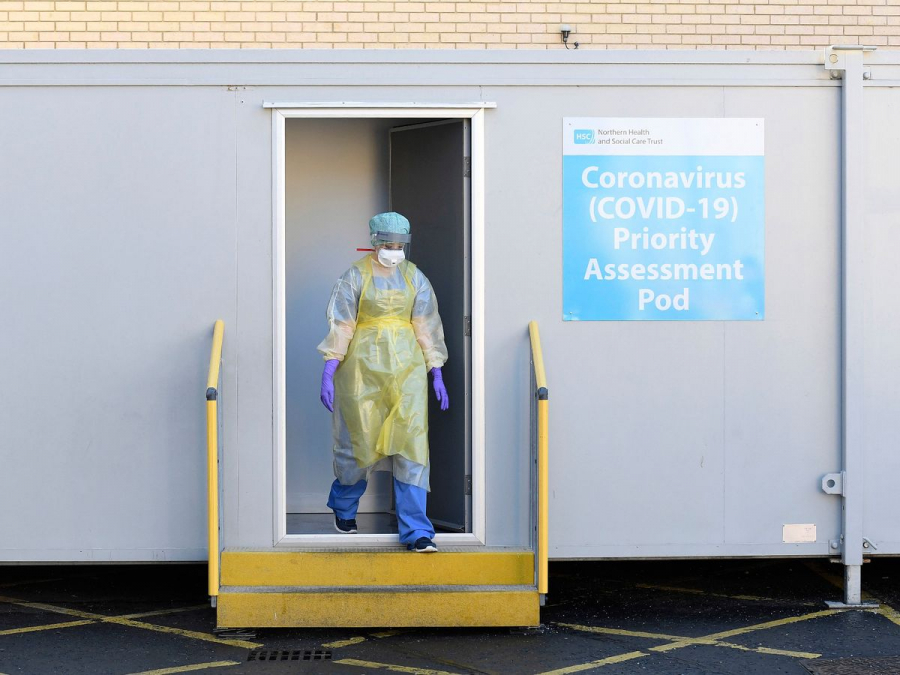
The incident occurred amidst criticism of the UK healthcare system for its slower pace of Covid-19 testing compared to other countries.
Iran's Parliament Speaker contracts COVID-19.
Ali Larijani, Speaker of the Iranian Parliament, has tested positive for SARS-CoV-2. He is currently in isolation and receiving treatment.
To date, Larijani is the highest-ranking official in Iran's leadership to contract Covid-19.
Saudi Arabia imposes a 24-hour curfew on Mecca and Medina.
On April 2, the Saudi Arabian Interior Ministry imposed a 24-hour curfew on the holy sites of Mecca and Medina. Previously, the curfew was only in effect from 3 PM the previous day to 6 AM the following morning.
The agency also stated that there would be exceptions for essential workers, as well as for people going out to buy food or seek medical assistance.
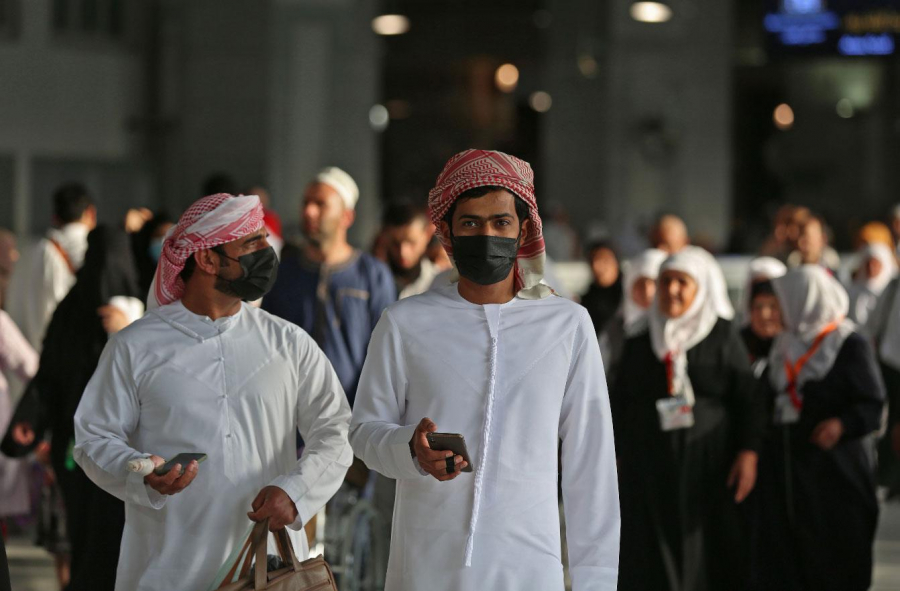
Saudi Arabia currently has 1,720 confirmed cases and 16 deaths.
Thailand announces curfew.
According to Reuters, the Thai government announced that it will implement a curfew from 10 PM to 4 AM, starting April 3rd. The curfew will have some exceptions for vehicles carrying medical equipment, vehicles transporting people to quarantine areas, and vehicles carrying patients and medical staff.
On April 2nd, Thailand reported 104 new cases of coronavirus infection and 3 deaths. The total number of infections and deaths in Thailand is now 1,875 and 15 respectively.
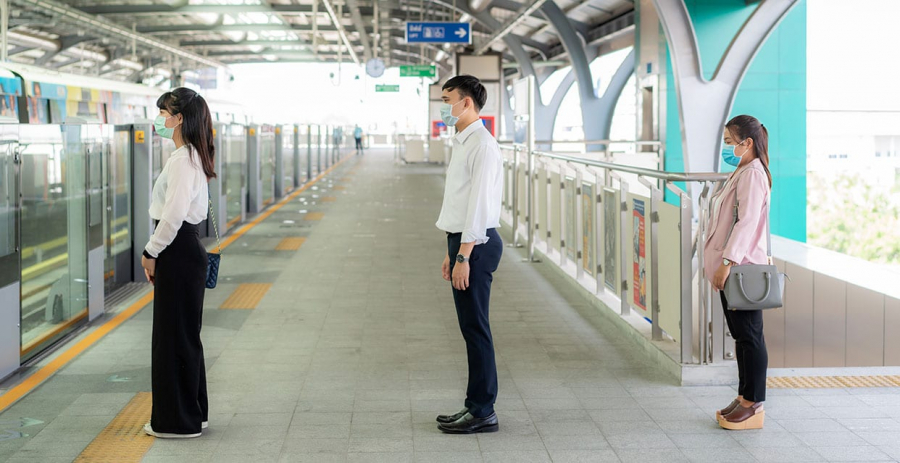
According to the Bangkok Post, approximately 70% of Thais are strictly adhering to social distancing guidelines.
Japan imposes additional entry bans for foreigners.
On April 3rd, the Japanese government added 48 more countries – including the United States, China, South Korea, the United Kingdom, Canada, Australia, Turkey, Thailand, and one territory – to its list of countries whose citizens are banned from entering Japan. This brings the total number of countries and one territory banned from entering Japan to 72.
Meanwhile, people arriving from other parts of the world, including Japanese citizens, will have to self-isolate in designated locations such as homes or hotels for 14 days and will have to limit their use of public transportation such as subways and buses. This measure is expected to remain in effect until the end of April 2020.
In addition, visa waiver programs applicable to countries and territories on the list will be temporarily suspended.
Hong Kong orders the closure of bars and pubs.
According to Reuters, the Hong Kong Special Administrative Region has ordered bars and pubs to close for two weeks starting at 6 pm on April 3rd. Under this regulation, anyone who violates it faces six months imprisonment and a fine of HK$50,000 (approximately US$6,450).
The decision comes as the financial hub intensifies social distancing restrictions and joins other cities around the world in a fight to contain the spread of the new coronavirus.
New York is running out of ventilators in its reserves.
Governor Andrew Cuomo said on April 2nd that at the current rate of ventilator use for SARS-CoV-2 patients, the state only has enough ventilators for another six days. Cuomo stated that the state currently has only 2,200 ventilators in reserve, and New York is using them for approximately 350 new patients each day.
Although the federal government is making every effort to support New York, currently the epicenter of the pandemic in the United States, it is highly likely that the White House will not be able to cope with such a rapid situation.
New York State is trying to address the situation by purchasing additional ventilators from various sources and converting some continuous positive airway pressure (BPAP) machines into ventilators for patients.
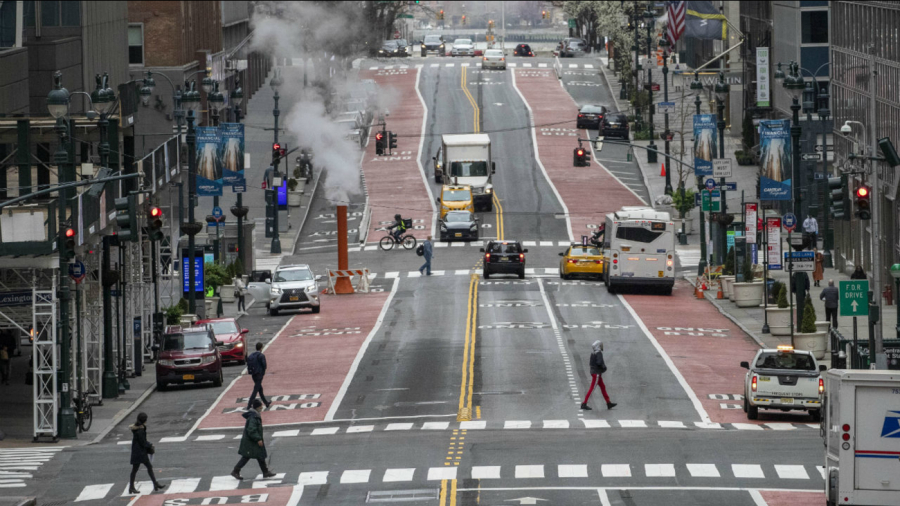
New York State currently has a total of 92,381 positive cases of SARS-CoV2, including 52,000 in New York City.
Also on April 2nd, Nassau County in Long Island reported over 1,000 new cases overnight, even though the county was already a hotspot with over 10,000 confirmed cases.
The death toll in New York State also reached 2,373, equivalent to 49% of the total deaths in the United States, forcing the local authorities to set up 45 mobile morgues and allow crematoriums to operate 24/7.
Currently, approximately 21,000 doctors and nurses from other states have volunteered to support hospitals in New York, and three major public hospitals in New York City have been converted and repurposed to treat SARS-CoV2 patients exclusively.
Donald Trump activates wartime legislation.
On April 2, US President Donald Trump announced the activation of the Defense Production Act to help companies producing ventilators for Covid-19 patients receive the supplies they need.
In a White House memo, President Trump directed U.S. Health and Human Services (HHS) Secretary Alex Azar to use his authority to facilitate the supply of ventilator materials to six companies.
The U.S. Defense Production Act, dating back to the Korean War in the 1950s, gives the President the authority to require businesses, including private ones, to accelerate and expand the supply of resources from U.S. industry to support military, energy, space, and homeland security programs.
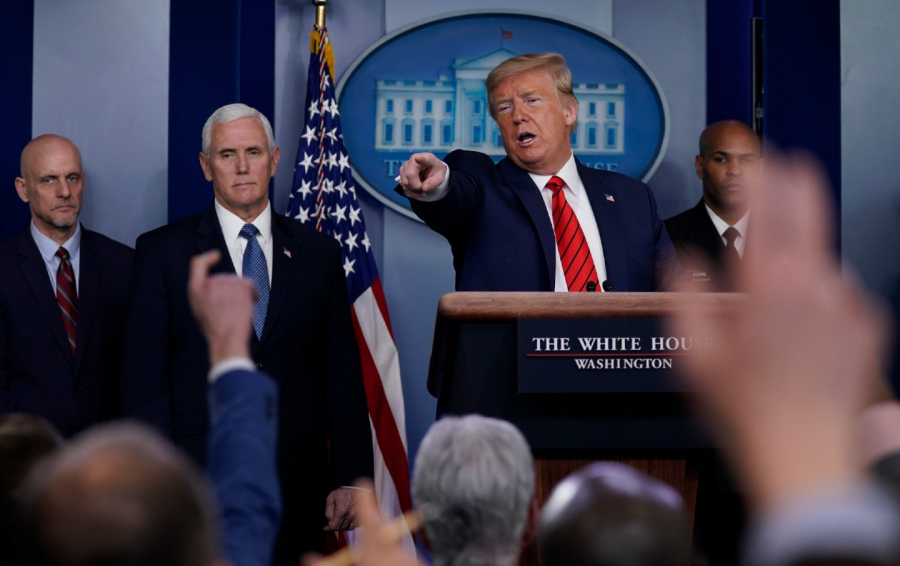
Last week, President Trump activated emergency powers for the first time to force the automotive giant General Motors (GM.N) to produce ventilators.
On the one hand, the New York Times revealed that, although President Donald Trump claimed the federal government had 10,000 ventilators in stock, in reality more than 2,100 were malfunctioning.
Peru imposes gender-based travel restrictions.
On April 2, Peruvian President Martin Vizcarra announced a new measure to restrict public movement based on gender. Under this measure, men will only be allowed out on Mondays, Wednesdays, and Fridays, while women will be allowed out on Tuesdays, Thursdays, and Saturdays. No one will be allowed out on Sundays.
These restrictions will remain in effect until April 12th, the date when the lockdown imposed by the Peruvian government on March 16th will end.
Mr. Vizcarra said the new measure aims to halve the number of people active in the community at any given time and that "the existing control measures have yielded good results but are not enough."

 VI
VI EN
EN



